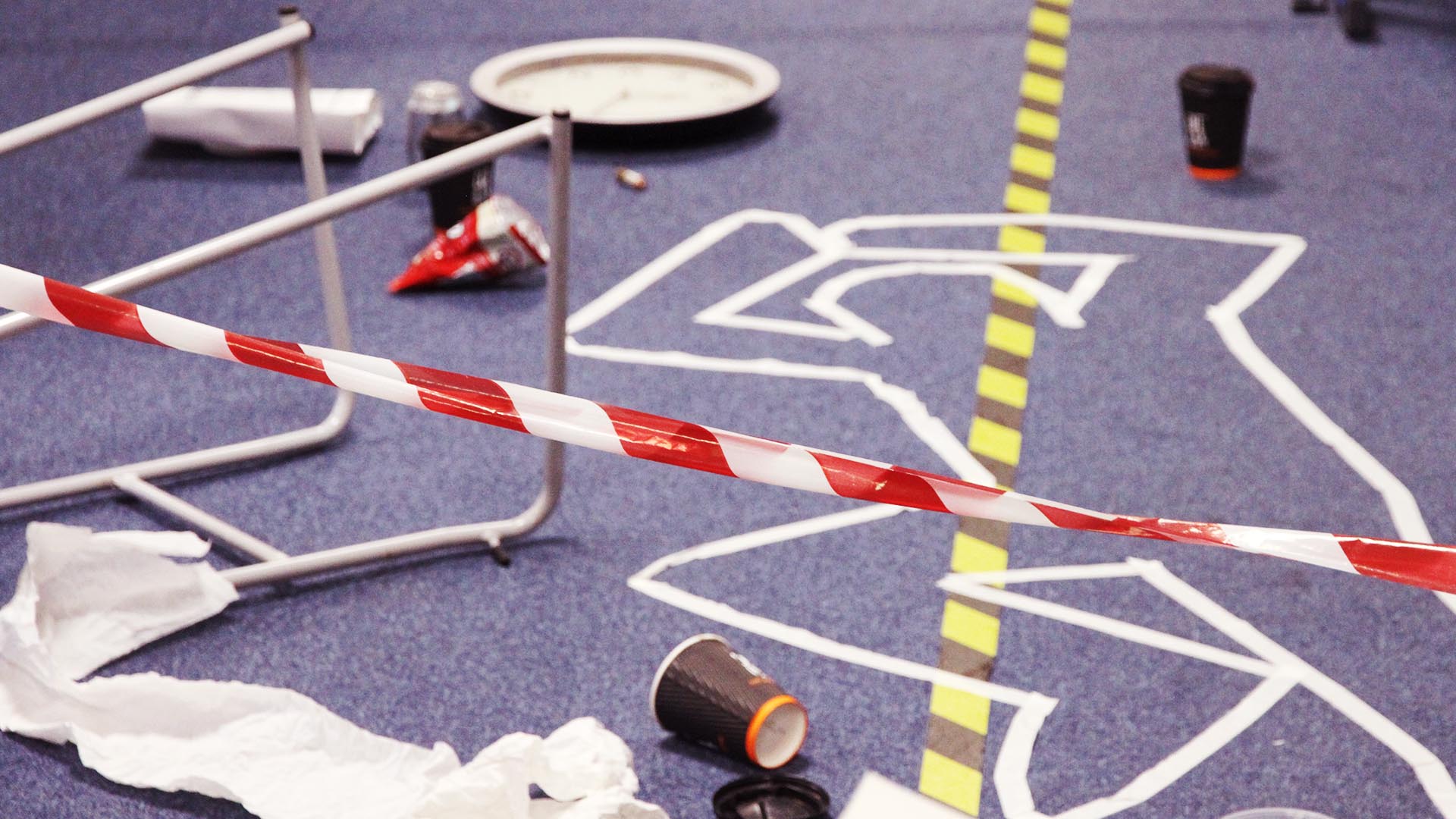DO NOT DELETE OR EDIT THIS ROW OR ITS CONTENTS

Barack Obama once said: ‘The world has never been healthier, wealthier or less violent’. Despite this, nearly 1 billion people in the world today live in poverty, over 14 million of whom live within the UK. Do you ever wonder why inequality continues to exist in the world? Have you considered how gender, religion, and ethnic backgrounds open or close opportunities in your life? Sociology makes you look at things in new ways and helps you better understand the world in the 21st Century. The Crime pathway explores crime, deviant behaviour, how and why crime rates in the UK vary based on class, gender, ethnicity and age. How can crime be measured and how accurate is crime data?
What will I study in Sociology (Crime) A-level?
The course is structured as follows:
Year 1:
- Socialisation & Culture
- Youth Cultures
- Media
- Sociological Research MethodsYear 2:
- Social inequality
- Crime & Deviance (the World Sociology students will study the World Soc unit rather than Crime & Deviance)
- Within this Crime & Deviance unit you will explore:
- What is crime?
- What is deviant behaviour?
- How & why do crime rates in the UK vary based on class, gender, ethnicity & age?
- How can crime be measured & how accurate is crime data?
- Are some groups in society more likely to commit crimes than others?
- How does the media influence crime?
- How effective have strategies been in tackling crime?
- How does sociological theory help us explain crime & deviance?
Entry Requirements
At least five GCSEs at Grade 4 or above all from the basket subjects.
How will I learn?
Sociology lessons will consist of engaging learning activities ranging from class discussion & group work to independent research tasks, thus developing your interpersonal and academic skills. At the end of year one you will have the opportunity to design your own sociological research on a theme of your choice. You will develop important transferable skills such as your ability to work independently and undertake secondary research, which are desirable for both university (should you choose to go) and the workplace.
How will I be assessed?
The course is 100% exam assessed.
Students will sit three exams at the end of the second year:
Component 1: Socialisation & Culture - 2hr 30mins exam (worth 40%)
Component 2: Methods of Sociological Enquiry - 1hr 45mins exam (worth 20%)
Component 3: Power & Stratification - 2hrs 30mins (worth 40%)
Any trips?
Trips are an important way of bringing to life the ideas discussed in the classroom. We plan to run a trip to Bristol, exploring topics such as gentrification, the sociology of graffiti & multiculturalism. In previous years we have run trips to the Old Bailey, where students were able to witness court cases including fraud, terrorism & manslaughter. We also offer a range of university visits, both to hear the latest sociological research and also as a chance to explore the idea of studying Sociology at university.
We are also looking to develop an (optional) overseas trip to North Africa.
Are there any costs involved?
There are minimal costs for course booklets (approx. £5-10 per year).
Field visits are likely to cost £15-£20 each time.
The optional overseas residential trip would be approx. £600
FAQs
Sociology is much more concerned with how the society around us, impacts on our actions & behaviour. For example, we're interested in how the media influences aspects such as Crime. How does the media influence our perception of 'who is criminal?'. Does the media portray certain groups as criminals more than others? How do factors such as upbringing, education &/or race influence our vulnerability to crime? In contrast, Psychology is much more concerned with what goes on within our heads, within each individual's mind and centred around that.
(The two courses go really together well).
We have lots of students who pick Psychology, Criminology & Sociology. These courses go brilliantly alongside Sociology (Crime), as do courses such as Law & Philosophy & Religion for that matter. You'll find that there are crossover topics between these courses, i.e. topics that appear across each of the subjects. This will serve to strengthen your understanding even further & really boost your confidence - you'll feel like an expert!
Within the first few weeks, we'll remind you once more of the differences between the two pathways. Ultimately, you'll sit exactly the same exam paper, you'll go on exactly the same trips & will likely have exactly the same teachers. The one & only difference is within Year 2, where for a substantial period of time, students will study their optional topic of either Crime & Deviance or World Sociology (also known as International Development).
We will need you to be on the correct pathway within the first few weeks of Yr1 though. If you're still unsure, a member of the sociology team will be happy to chat with you about the different pathways at enrolment.
There are endless careers linked with Sociology (please see below) however, we're eager to ensure you develop a range of 'transferable skills' that you can draw upon throughout the rest of your career, regardless of whether Sociology becomes your chosen career path or not.
These skills include:
•Designing & conducting research
•Analytical skills
•Cross-cultural understanding/empathy
•Presentation/debating skills
•Evaluative skills
•Reading & critiquing information
Specific careers linked to Sociology (Crime) include:
•Youth worker/social worker, marketing/market researcher, crime analyst, police officer, probation service, law firms, human rights advocacy, welfare rights advisors, criminal justice system, education (teaching), researcher, refugee support (& many, many more).
There are lots of universities that offer Sociology. It's a hugely popular degree course.
Oxford, London School of Economics (LSE), Edinburgh, University of Essex, Lancaster and Warwick are all in the top 50 globally for Sociology.
•More locally, the University of Worcester & the University of Gloucestershire are strong options for Sociology too.
We'll give you much more information & support with all things universities once you're on board with us.
No - the course does not involve lots of maths.
You will be drawing upon your mathematical skills when working with data in order to identify patterns and anomalies. For example, within the Crime & Deviance unit, you will work with crime statistics. However, we're more concerned with offering explanations for these patterns and anomalies.
Yes - the course does involve essay writing. In fact, this is the main form of assessment. However, in the same way we will develop your sociological understanding throughout the course, we also need to develop your exam technique & essay style.
By far the biggest influence on how well you will do in this course is your own motivation & interest in the subject matter. After all, if you're interested in something, you are far more likely to work harder at it. The course is challenging but in a really good way. It will get you thinking!
Awarding Body
WJEC EDUQAS
Available As
[56 UCAS pts. available]

Add to Application
What can I do after I have taken this course?
Available As
[56 UCAS pts. available]

Add to Application

DO NOT DELETE OR EDIT THIS ROW OR ITS CONTENTS
















